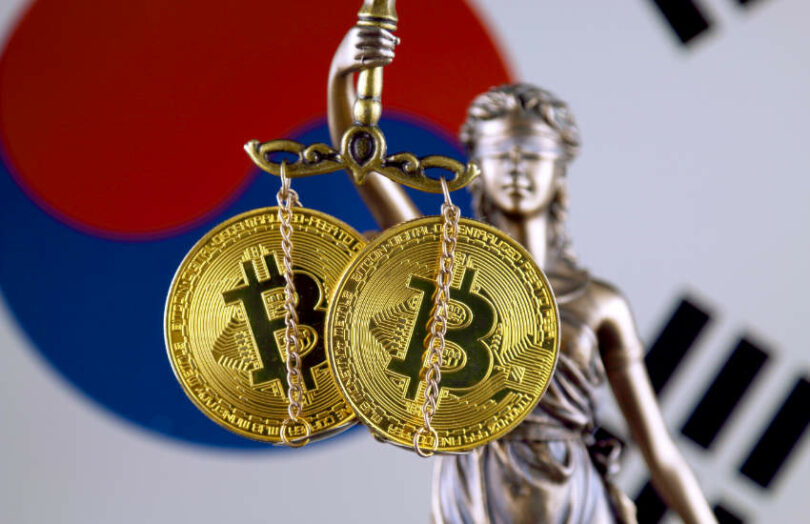Korean Regulators Stand Firm on Timeline to Lift Short-Selling Ban by 2025
Introduction
South Korea’s financial regulators have reaffirmed their commitment to lifting the short-selling ban by March 2025, despite ongoing market concerns and debates over the implications of such a decision. This stance comes amid a backdrop of regulatory efforts to ensure market stability and fairness.
Current Regulatory Stance
-
Timeline Confirmation: The Financial Services Commission (FSC) of South Korea has confirmed that the ban on short-selling will be lifted by March 2025, as previously announced. This decision was solidified on June 13, 2024, extending the ban until March 30, 2025, to allow for the implementation of new monitoring systems to prevent illegal naked short-selling.
-
System Development: The regulators are focusing on completing an electronic short sale processing and monitoring system, which they aim to have fully operational by Q1 2025. This system is intended to enhance the detection of illegal activities in the stock market.
Market Impact and Investor Sentiment
-
Market Response: Posts on X and various financial analyses have shown mixed reactions. Some investors welcome the move, anticipating increased market liquidity and opportunities for hedging. Others express concerns about potential market volatility or manipulation once short-selling resumes.
-
Retail vs. Institutional Investors: There’s a notable tension between retail investors, who have historically criticized short-selling for favoring institutional players, and the latter group, who see it as a vital trading strategy for risk management.
Regulatory Measures and Concerns
-
New Regulations: The FSC has proposed changes to the Financial Investment Services and Capital Markets Act (FSCMA) to enhance regulations on short-selling. These include stricter penalties for illegal activities and measures to level the playing field between retail and institutional investors.
-
Challenges: The primary challenge remains balancing market efficiency with investor protection. The FSC aims to introduce these changes without compromising market integrity or investor confidence.
Broader Economic Context
-
Global Positioning: South Korea’s decision is also influenced by its desire to be included in MSCI’s developed market indices, where the ability to short sell is a significant criterion. The ban could hinder this ambition if not lifted in time.
-
Economic Stability: The regulators are also mindful of the broader economic implications, including how opening up short-selling might influence market dynamics during periods of economic uncertainty.
Future Outlook
-
Potential Outcomes: If executed well, the lifting of the ban could lead to more robust market mechanisms, increased foreign investment, and a more mature financial market. However, if not managed properly, it could lead to market disruptions or increased speculative trading.
-
Monitoring and Adaptation: Post-2025, the effectiveness of the new systems and regulations will be crucial. Continuous monitoring and possibly further regulatory adjustments might be necessary to adapt to market feedback and global financial trends.
Conclusion
South Korean regulators are steadfast in their approach to reinstate short-selling, aiming for a March 2025 deadline. This decision reflects a careful balance between fostering market efficiency and protecting investor interests. As the deadline approaches, all eyes will be on how these new systems perform and how they impact the South Korean stock market’s structure and investor behavior.



